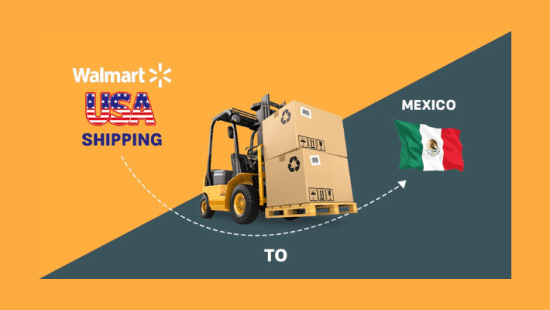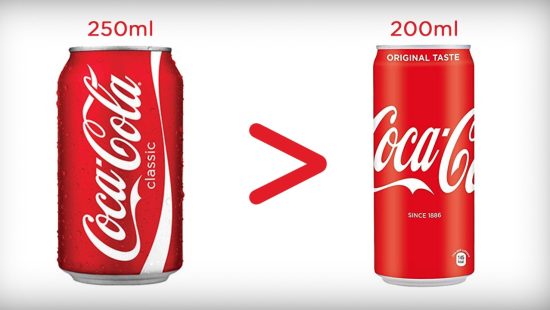Discover why psychologists say accepting life’s unknowns can boost resilience, reduce stress, and open the door to personal growth.
In today’s culture, knowledge is often treated as the ultimate symbol of progress and productivity. We’re taught that to know more is to do better — to be safer, smarter, and more successful. Yet, what if not knowing isn’t a threat at all? What if uncertainty itself holds hidden benefits for those willing to explore it? According to Psychology Today, embracing the unknown can actually make our lives richer and more meaningful.
From a young age, we’re encouraged to learn, compete, and prove what we know. Knowledge is equated with advancement — both personal and collective. Psychologist Maja Wrzesien admits that her own field reinforces this reality-based, data-driven mindset. Centuries of research and experimentation have indeed helped us understand the world with increasing precision. Still, Wrzesien poses a powerful question: why do we see uncertainty as something negative — and could not knowing actually make life better?
Part of our struggle with uncertainty is cultural, but it’s also biological. A study from University College London, cited by Psychology Today, found that uncertainty triggers more stress than physical pain. Participants felt greater anxiety when they might receive an electric shock than when they knew they would. The same dynamic plays out in everyday life — waiting for a delayed train, anticipating test results, or wondering where a new relationship might lead. In a society that celebrates control and efficiency, sitting with uncertainty can feel terrifying. Yet, Psychology Today argues that the ability to tolerate the unknown can actually be freeing.
Economist Russ Roberts warns that trying to eliminate uncertainty can lead to self-deception — especially when we face what he calls life’s “wild problems.” Big choices like having children, changing careers, or moving across the country can’t be solved by data or logic alone. A cost-benefit analysis doesn’t capture the emotional and existential dimensions of those decisions — the parts that reshape who we are. As commentators Jess Linz and Anna Secor explain, staying in a state of ambivalence “means remaining open to multiple possibilities, where everything is still fluid and undetermined.”
Writers and philosophers have long explored this idea. Scholar Sara Ahmed observes that society pressures us to present life as neat and orderly, masking the inner chaos of growth. In reality, life is messy — full of falls, recoveries, and discoveries about who we’re becoming. An anonymous 14th-century monk captured this beautifully in The Cloud of Unknowing, suggesting that the best way to face the unknown is to move through it, as if walking through fog. Psychology Today extends the metaphor: imagine walking through a misty field, where visibility is low but you keep moving forward, trusting that the path will reveal itself.
Accepting uncertainty doesn’t mean surrendering control — it means being alert, open, and ready to adapt when new information appears. As Psychology Today contributor Rogers notes, “Letting go of control doesn’t mean everything is out of control — it means trusting that life will offer signals worth paying attention to.”
Rather than being an obstacle to progress, uncertainty can become a powerful tool for deeper self-understanding. Staying open to ambiguity may not always produce quick answers or linear growth, but it helps us engage more honestly with life’s complexity. In letting go of the need for certainty, we gain something unexpected — connection, humility, and a renewed sense of wonder.
Ultimately, uncertainty isn’t an absence of information — it’s a fertile space where mystery, curiosity, and growth coexist. As Psychology Today concludes, when we stop fearing what we don’t know, we open ourselves to the vastness of what life can offer.








